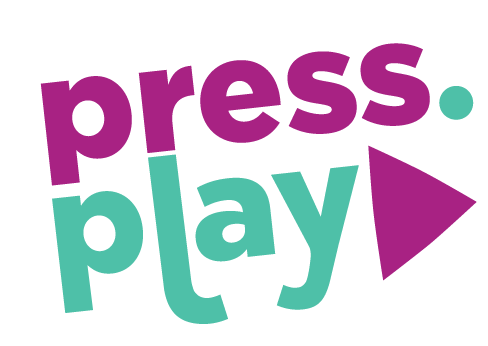
Podcasts are used by most of us. They’re (usually) free, easy, convenient and enjoyable. We can learn from them and listen to podcasts about our specific interests or favourite presenters while we are in transit, performing other tasks (washing the dishes while listening to a podcast is a personal favourite) or in thousands of other situations.
So, can we use podcasting effectively in VE to improve the student experience? If so, what’s the most effective way?
This blog is a look into podcasting research through the lens of application in VE.
As a VE teacher, I always summarised critical content that I knew was important to prepare students for assessments and the industry. Early in 2019, I recorded two 7-min podcasts that summarised the previous six weeks of study. The students enjoyed the podcasts, asked for more in the future, and used them to help prepare for an upcoming assessment.
As well as summarising content, within VE, podcasting could be used to interview industry representatives and subject matter experts. This creates a sustainable resource that, if appropriate, could be used for future cohorts while reducing lecture time.
Abdous et al (2011) suggested that podcasting can be an effective study tool and may even improve student’s overall performance. Interestingly, this was effective even if the podcasts were used as a supplementary resource.
Hubackova (2013) developed as best practice protocol when planning podcasts.
- Always consider the student and their stage of learning.
- The podcast needs to be interesting, up-to-date with content and not monotonous.
- Keep podcasts to 5–10min; string together podcasts if needed.
- Check feedback from students and implement if appropriate – this will encourage more feedback from the group.
- Don’t read passages from text; keep the material personal for the students.
Considering these steps could greatly improve the likelihood of a podcast being successful in VE. Why not encourage a cohort to listen to a review of a class before attending the next?
With many VE courses moving online or to a blended delivery model, podcasts can be used to help personalise the student experience. Bolliger et al. (2010) found that podcasting should be an appropriate approach to assist students with online learning as they found it mostly motivating and gained their attention. A great way to use podcasting with VE online learning would be to contextualise the online content and drive home the relevance to the student.
There are many smartphone apps (Stitcher, etc.) that allow easy recording, editing and posting of podcasts. The RMIT PressPlay studio offers professional podcasting equipment, and support to assist with the technical side of podcasting. RMIT staff can use the PressPlay studio for free.
Overall, podcasting in VE is a great way to motivate students, improve student performance, summarise course material, contextualise content and prepare students for assessments and the industry – and they can do all this while washing the dishes.
You can find out more about the PressPlay studio or make a booking here.
You can listen to the VEDT Multimedia Team’s podcast about the Adobe XD Awards 2019 here.

Reference list
Abdous, M’Hammed, Facer, Betty Rose, & Yen, Cherng-Jyh. (2012). Academic effectiveness of podcasting: A comparative study of integrated versus supplemental use of podcasting in second language classes. (Report). Computers & Education, 58(1), 43–52.
Bolliger, D., Supanakorn, S., & Boggs, C. (2010). Impact of podcasting on student motivation in the online learning environment. Computers & Education, 55(2), 714–722.
Hubackova, S. (2013). The Use of Podcasting in University Education. Procedia – Social and Behavioral Sciences,83(C), 309–312.